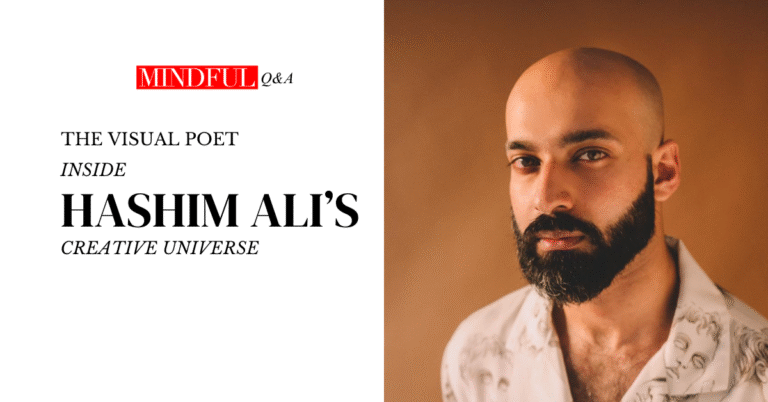A conversation on craft, culture, and the quiet power of storytelling
In a world where visuals speak louder than words, Hashim Ali has emerged as one of Pakistan’s most visionary, genre-defining art directors. His expansive body of work—spanning high fashion, film, television, music videos, and digital storytelling—has not only reimagined the role of art direction, but elevated it into a potent form of cultural expression.
Hashim’s visual language is instantly recognizable: a seamless blend of the contemporary and the classic, the avant-garde and the deeply rooted. Whether it’s a fashion editorial layered with symbolism, a music video saturated with emotion, or a cinematic campaign unfolding like a visual poem, his aesthetic never fails to captivate.
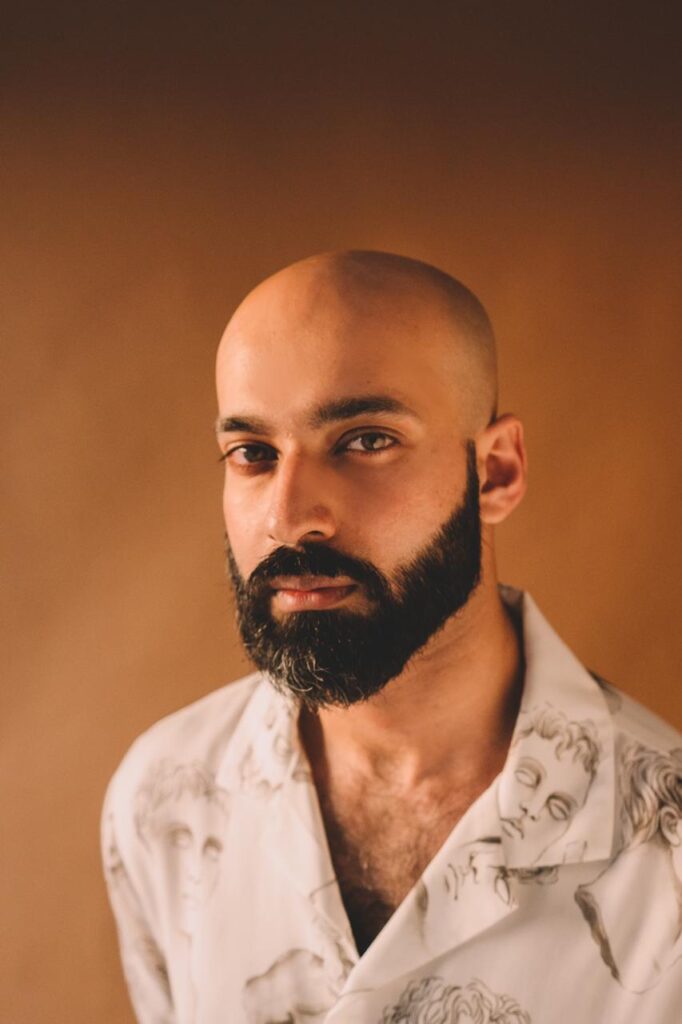
But beyond the beauty lies intention. Through every set, frame, and fabric, Hashim is reclaiming and reinterpreting Pakistani heritage—bringing its colors, textures, and stories into the global spotlight. His ability to merge cultural reverence with modern innovation has made him not just a creative force, but a storyteller of national identity.
In this exclusive conversation, Hashim opens up about his journey, his inspirations, and the quiet legacy he’s building—one masterpiece at a time.
You’ve built a reputation for transforming bold ideas into unforgettable visuals. What does creativity mean to you, personally?
For me, creativity simply means to create—to bring forth what lives inside you. It’s about capturing the moments you want to freeze, sharing the experiences that have shaped you, and expressing the colors through which you see the world. It’s about creating from your own unique vision—your personal way of seeing and feeling things.
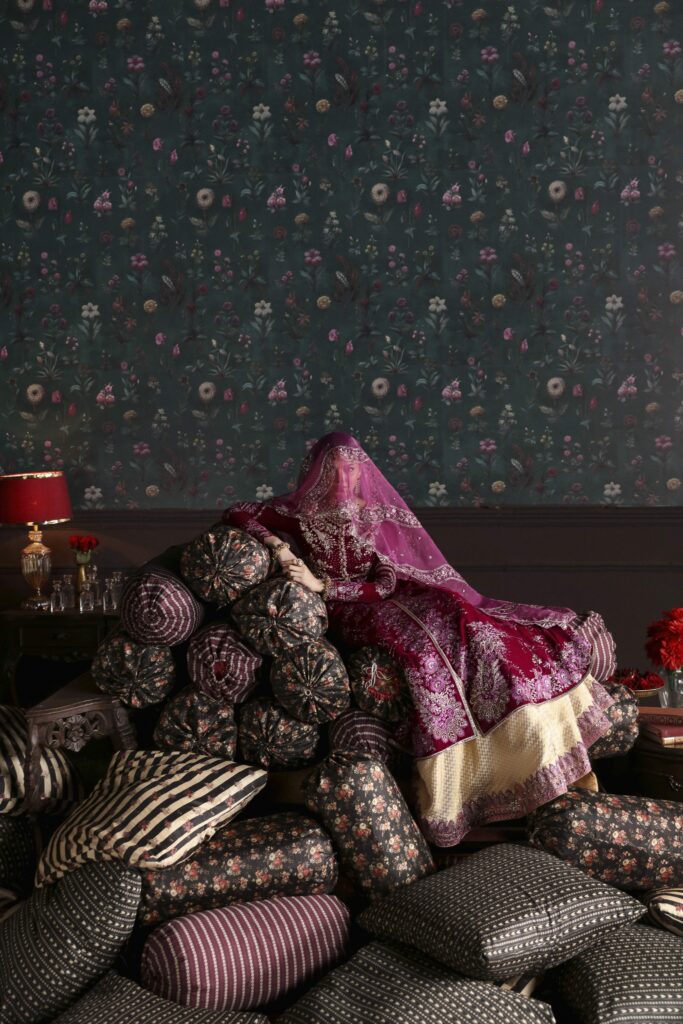
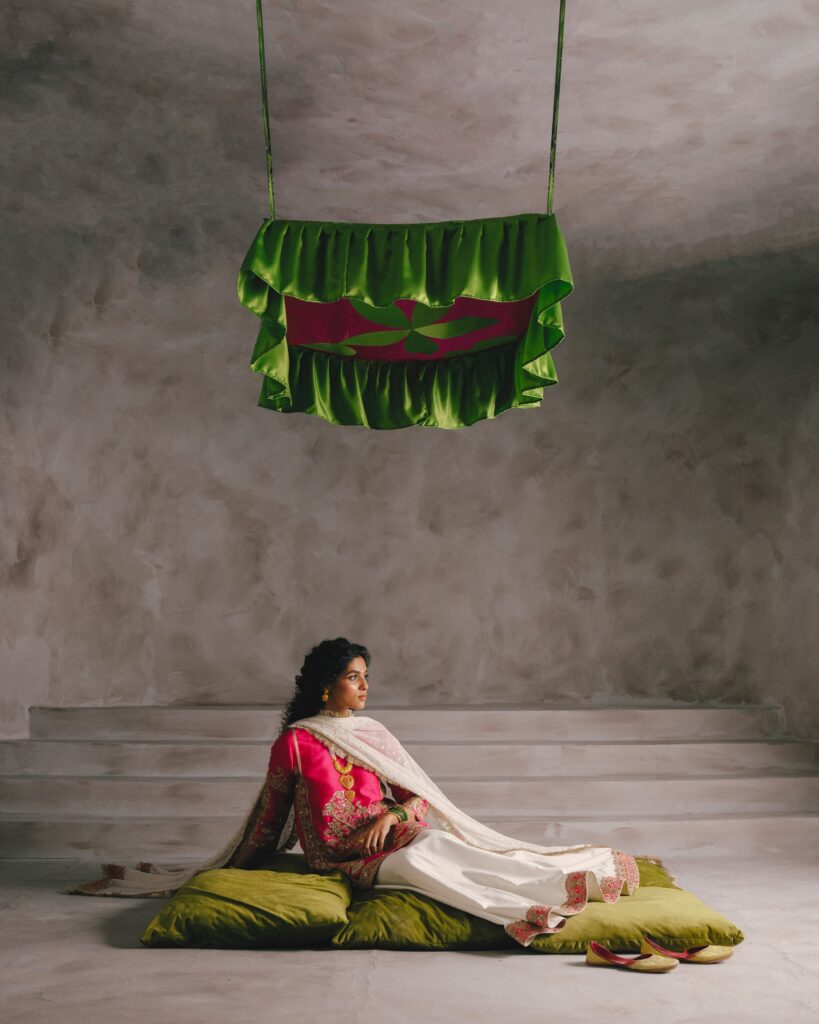
Did you always know you’d work in a creative field, or did the journey unfold more unexpectedly?
Since I was very young, I’ve always loved using my imagination—whether through storytelling, drawing, or crafting objects. Some of my earliest memories are of me making something or another. Even in school, biology was my favorite subject because it allowed me to draw and be creative. So yes, I think I always had a sense that I wanted to pursue something creative.
Who or what has most profoundly influenced your artistic journey?
At every stage of life, something or someone has inspired me. As a child, it was my mother and Walt Disney. As a teenager, I was immersed in the worlds of Harry Potter and Anne Rice. In my young adult years, it was Tim Burton, Botticelli, and my art teacher, Francesca Godfrey. And today, I draw inspiration from Xulfibhai, Amrita Sher-Gil, my grandmother, and the rich artistic heritage of Pakistan.
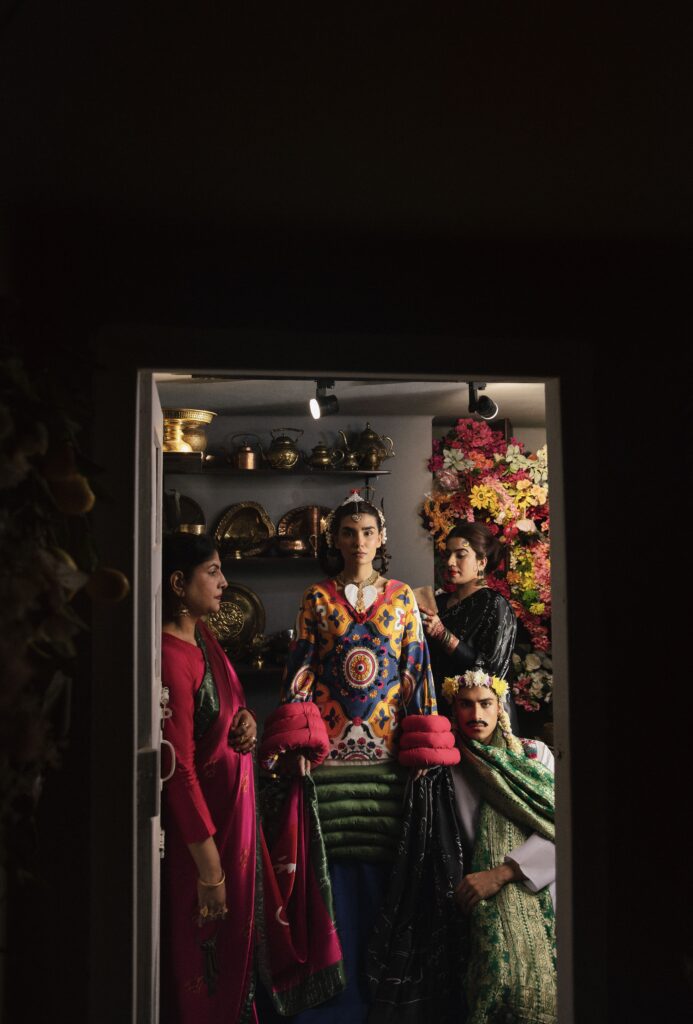
What drives you to keep creating day after day?
My dream: to help place Pakistan on the global creative map. To show the world—and our own creative community—that we are no less than any other artistic force in the world.
Is there a particular campaign that marked a turning point in your career?Yes—my bridal campaign for Republic Womenswear back in 2016–17, where we built an entire palace from scratch. It really changed things. That project made clients begin to understand the value of art direction. Another milestone was directing the music video for Farheen Raza Jaffery’s “Dub Dub Jave.” That project deepened my love for visual storytelling and sparked my journey into music videos, which eventually led me to Coke Studio.
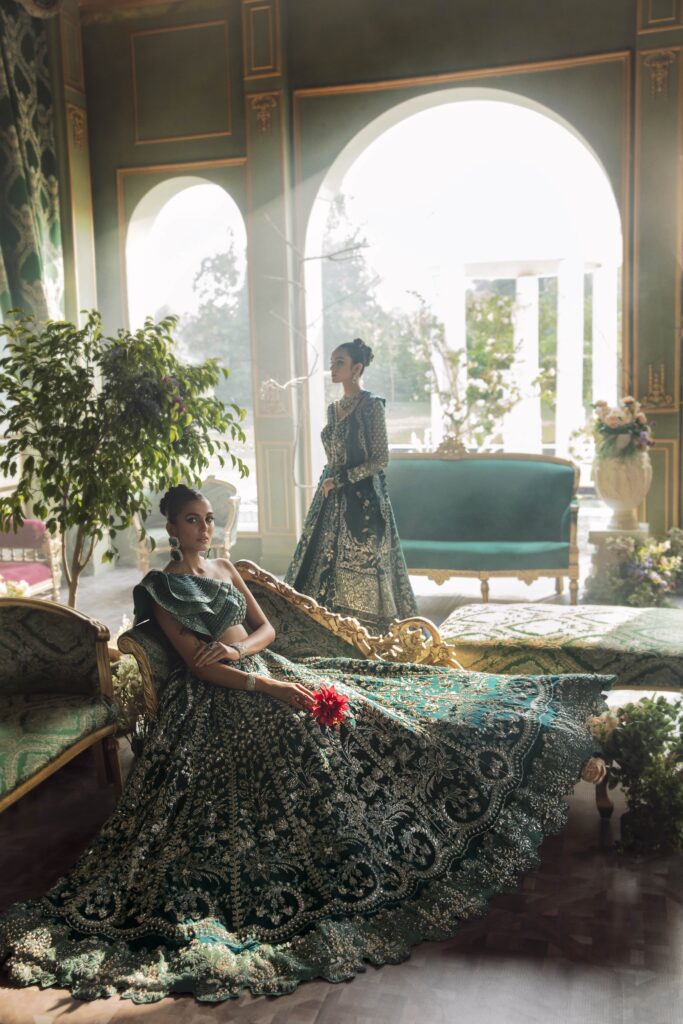
Which creative project has challenged you the most—and what did it teach you?
There have been many. Sometimes it’s the weather, sometimes a creative block. Other times it’s tough clients, team misalignment, personal issues, mental exhaustion, technical failures—and worst of all, brutal timelines. But every time, the lesson has been the same: step back. Breathe. Allow yourself to feel what you’re feeling. And return when you’re ready. Letting go, even briefly, always creates space for clarity.
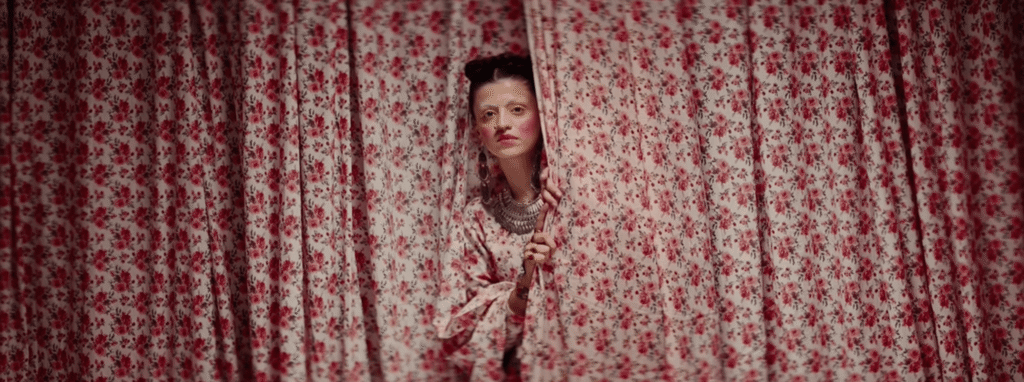
In your view, what makes Pakistani creativity—across fashion, film, and visual art—so distinct?
It’s the uniqueness we bring through our emotional depth. As a community, we’re incredibly expressive. We create from the heart, and that’s what makes us stand out. We might not always have the latest tools or tech, but we have passion—and an unshakable will to create. That raw, human energy is what sets us apart.
You recently launched Iqbal Begum in Lahore’s Walled City—a deeply personal project. What inspired this space?
Iqbal Begum is a micro concept store inspired by the life of my paternal grandmother, Mrs. Iqbal Chaudhry. The Walled City feels like a place we’re slowly forgetting—visiting only for TikTok reels or on special occasions. And yet, it’s the beating heart of Lahore. Most Lahoris have never really experienced it.
It reminds me of a grandmother—someone we’re close to in childhood but drift away from over time, only reconnecting on Eids or birthdays. I wanted to create a space that feels like a souvenir shop and a memory capsule—somewhere people can take a piece of Lahore with them, and maybe leave a little piece of themselves behind. It’s a love letter to my Dadi, and a love letter to the Walled City.
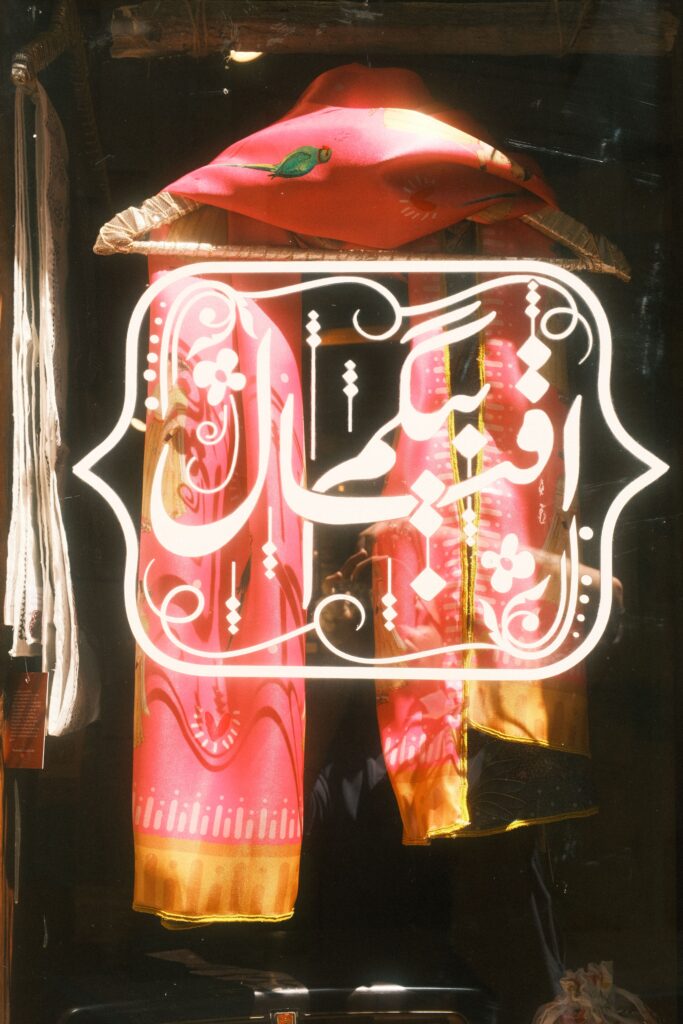
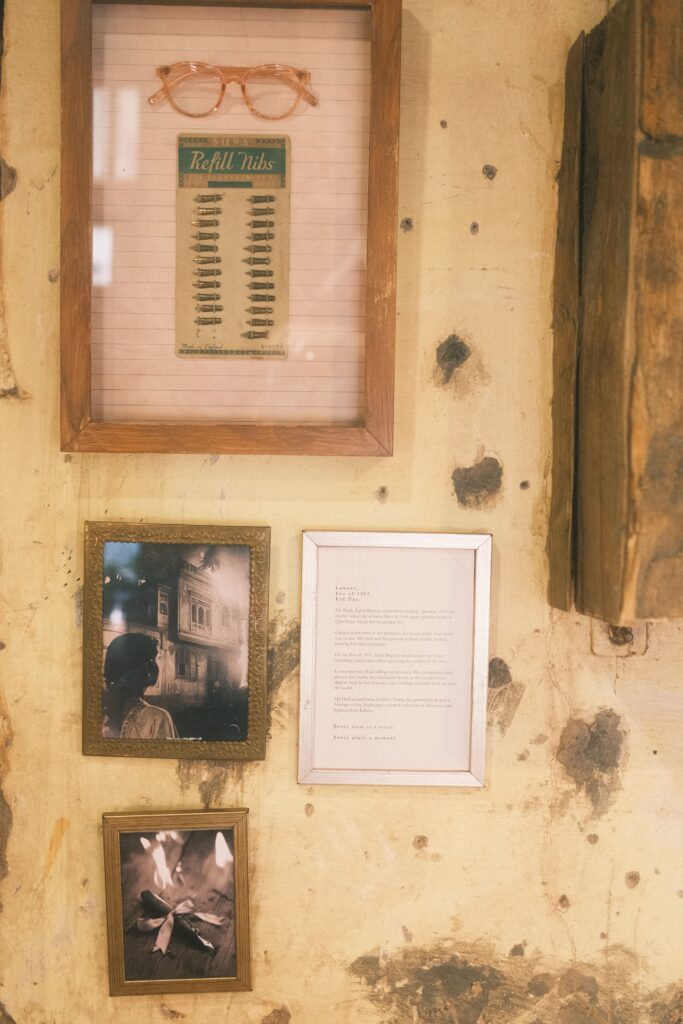
In an industry often driven by appearances, how do you stay grounded and connected to your inner self?
I belong to a pre-social media generation, so I remind myself that what’s online isn’t real life. It’s the work we do, and the relationships we nurture, that matter. When your mind is rooted in self-awareness, surface impressions lose their hold.
Are there any global artists or visionaries you look to for creative inspiration?
More than art directors, I draw inspiration from artists. Globally, it would be Botticelli, Shazia Sikander, Frida Kahlo, Gaudí, and Dali.
Is there a dream collaboration—brand, model, or designer—you’d still love to pursue?
I’d love to work with Generation. Somehow our schedules have never aligned, but I hope it happens one day.
If you weren’t an art director, which other creative path would you see yourself thriving in?
I think I’d be a puppeteer or an actor—anything where I get to tell a story.
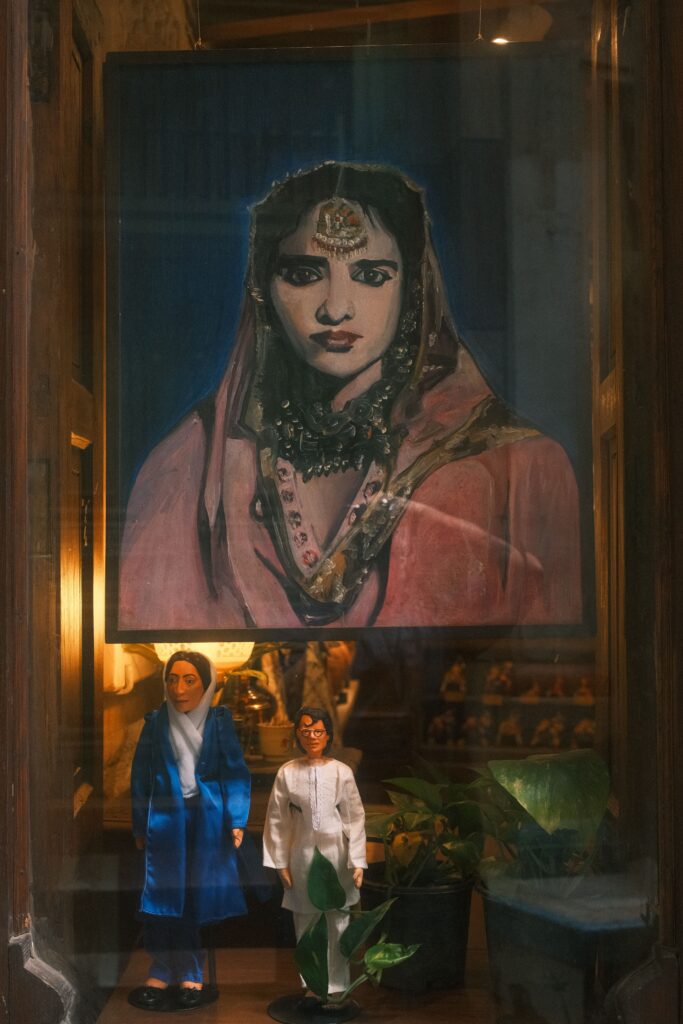
What advice would you give young creatives hoping to break into this field?
Please, please, please keep creating. Don’t be disheartened by failure—just keep going. And stay in Pakistan. There’s limitless opportunity here. Yes, you might have to carve your own path, but once you do, you’ll be a pioneer.
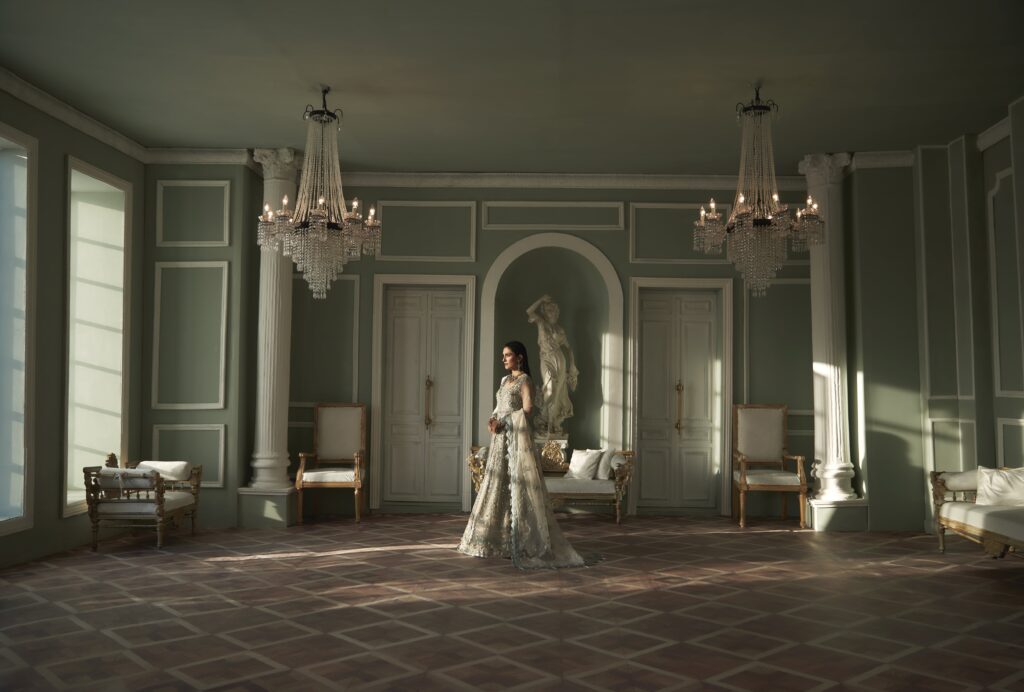
What does being mindful mean to you?
It means being present. Knowing that the future hasn’t arrived and the past has already passed. This moment—right now—is all we truly have control over.



